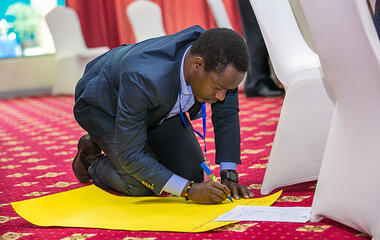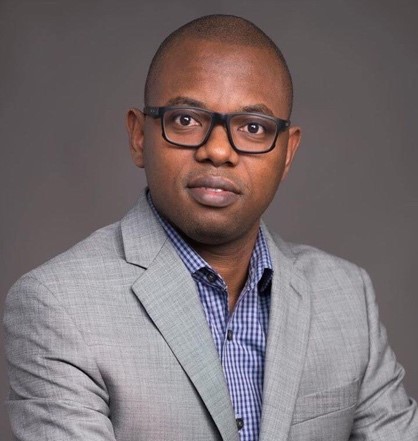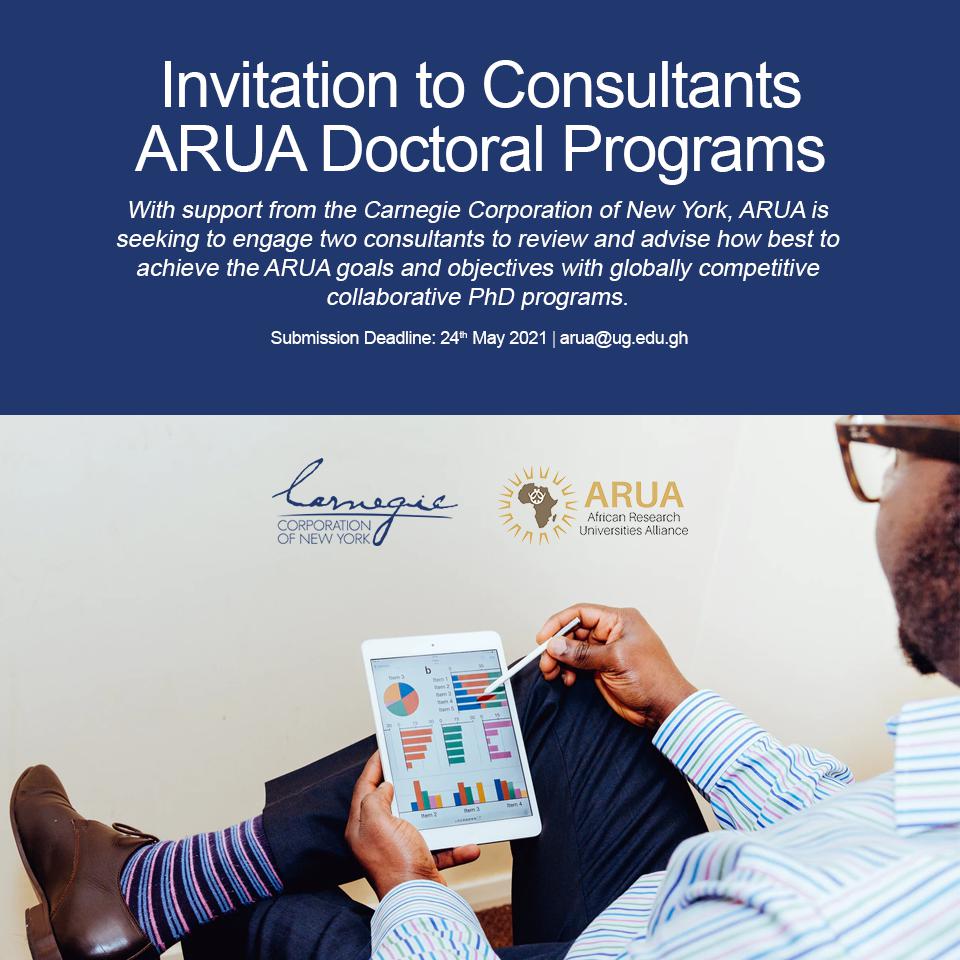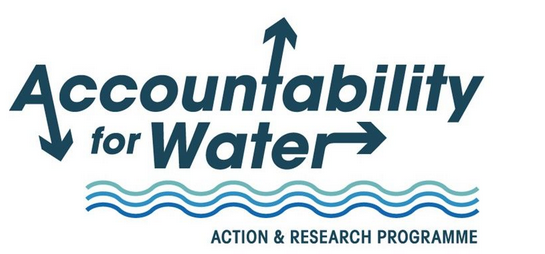
African universities have been faced with challenges of insufficient funding, which have been jeopardising critical programmes, especially in research and innovation.
The spread of COVID-19 and its economic impacts have worsened the situation, leading to massive budget cuts from governments and international donors.
For instance, the announcement by UK Research and Innovation to cut budgets for international development by almost half has left hundreds of research projects, mostly involving universities in the Global South, especially Sub-Saharan Africa, in limbo.
Similarly, Kenya’s Commission for University Education last year reallocated approximately US$2.5 million to COVID-19 response initiatives while the Nigerian government proposed a cut of approximately US$130 million from the education sector to aid its COVID-19 response, according to a survey by the World Bank.
“Even the funds allocated to education in response to the impact of COVID-19 went to the primary [education] level leaving universities and tertiary institutions with so little,” Dr Beatrice Muganda, the acting executive director for higher education of the Nairobi-based Partnership for African Social and Governance Research (PASGR) told University World News in an interview.
According to an analysis of the World Bank published in December last year, Sub-Saharan countries spend 27% and 43% of their government education expenditure on secondary and primary schools respectively, while institutions of higher education receive 21%.
Muganda said the small allocation of funds available to universities primarily targets research programmes.
“Despite the pandemic forcing universities to move online, funding for such [online] programmes in higher education has been highly neglected across Africa,” she added.
Empowering lecturers
Despite the funding cuts and inadequate resources, universities had to move online as institutionalising blended teaching pedagogies for high-quality learning has become critical.
“What is encouraging is that African universities are now raising funds internally to build [the] capacity of educators to move their academic programmes online for now and the future,” said Muganda.
One of the booming programmes being institutionalised by African universities is the pedagogical leadership online training techniques for lecturers to design courses, teach and even assess online under the Partnership for Pedagogical Leadership in Africa (PedaL).
The programme, funded by the UK’s Foreign, Commonwealth and Development Office’s Strategic Partnerships for Higher Education Innovation and Reforms (SPHEIR), began online training for lecturers in July 2020 and has since trained more than 1,100 lecturers from 80 African universities with 40% of trained lecturers being female.
Aimed at catalysing systematic change in teaching and learning in African universities, PedaL is implemented by PASGR in partnership with the UK’s Institute of Development Studies, the University of Sussex, the African Research Universities Alliance, Egerton University in Kenya, the University of Ghana, Nigeria’s Ibadan University, Tanzania’s University of Dar es Salaam and Uganda Martyrs University.
Ubuntu
Driven by the African and PedaL spirit of ubuntu, trained lecturers have volunteered to, in turn, train their colleagues in their various faculties.
“In PedaL, we are a family. We work as a team holding each other to the end,” said Betty Kiema, a lecturer at the Tangaza University College in Kenya.
Kiema, who is also the disability inclusion officer at the college, has, so far, mentored seven colleagues and is still carrying on.
She’s grateful that the programme has transformed her teaching and learning. “I never used to put my learners at the centre of teaching. I would just lecture and do most of the talking,” Kiema said.
But, after the PedaL training, she changed her teaching methods and introduced pedagogies such as case studies and discussion forums and introduced innovative assessment that runs throughout the course period.
“You can confidently tell as a facilitator that, indeed, learning is taking place,” she added.
According to Muganda, PedaL partner universities have been training lecturers continuously with support from SPHEIR.
“Those trained are now training others within and even beyond their universities,” she said, adding that the bulk of the funds used for this training are generated internally with SPHEIR support.
“They are promoting education for social responsibility by donating personal resources such as time, data bundles and fuelling generators in cases of intermittent supply of electric power to support the training of others.”
This generosity and collegiality, Muganda said, is helping African universities to immensely close funding gaps in their efforts to fully embrace blended teaching and learning.
Social responsibility
The academics believe that, through education for social responsibility, they are reclaiming African values of selflessness, togetherness and solidarity that have been under siege by foreign models that are imbued with materialism and greed.
To catalyse the institutionalisation of PedaL, some universities have established centres of excellence such as the Centre for Pedagogy and Andragogy at the University of Nairobi, where peer-to-peer training of lecturers is taking place.
At this centre, the university’s PedaL alumni are already training a team of 144 lecturers. Besides this, the university began a three-week PedaL training for 200 lecturers in May.
The university has already lined up another online training programme for June that is already fully booked, targeting 200 educators.
Maseno University and Tangaza University College, both in Kenya, have joined the University of Nairobi in launching PedaL online training sessions.
Currently, PedaL online training is taking place in 80 universities spread over 10 African countries, including Ghana, Tanzania, Uganda, and Nigeria, with PedaL alumni leading the training.
“Quality in teaching and learning will be sustained cost-effectively and efficiently at the University of Nairobi as we march towards excellence in upscaling online teaching and learning,” said Professor Julius Ogeng’o, the deputy vice-chancellor of academic affairs at the University of Nairobi.
He added that the university strives to institutionalise PedaL teaching and learning strategies that are innovative and help to enhance the quality of teaching.
The University of Ghana’s Centre for Teaching Innovation and the University of Ibadan’s Centre for Excellence in Teaching and Learning are facilitating the institutionalisation of PedaL strategies such as innovative assessment, course design and course facilitation.
PedaL alumni are spearheading activities at these centres and are helping to train their colleagues in enhancing sound pedagogy in online delivery.
Other partner universities also championing PedaL training through centres of excellence include Uganda Martyrs University’s Centre for Continuous Learning and the Centre for Continuing Education at the University of Dar es Salaam.
While addressing participants of Maseno University’s online PedaL training launch meeting in May, the institution’s Deputy Vice-chancellor of Academic and Student Affairs, Professor Mary Kipsat, said that the training is a timely intervention as universities transition to online and blended teaching and learning.
Kipsat encouraged more than 160 lecturers from the university attending the five weeks’ training to complete the course as it would equip them with the relevant skills to enhance quality teaching.
This has been reposted from https://www.universityworldnews.com/post.php?story=20210607161245419




